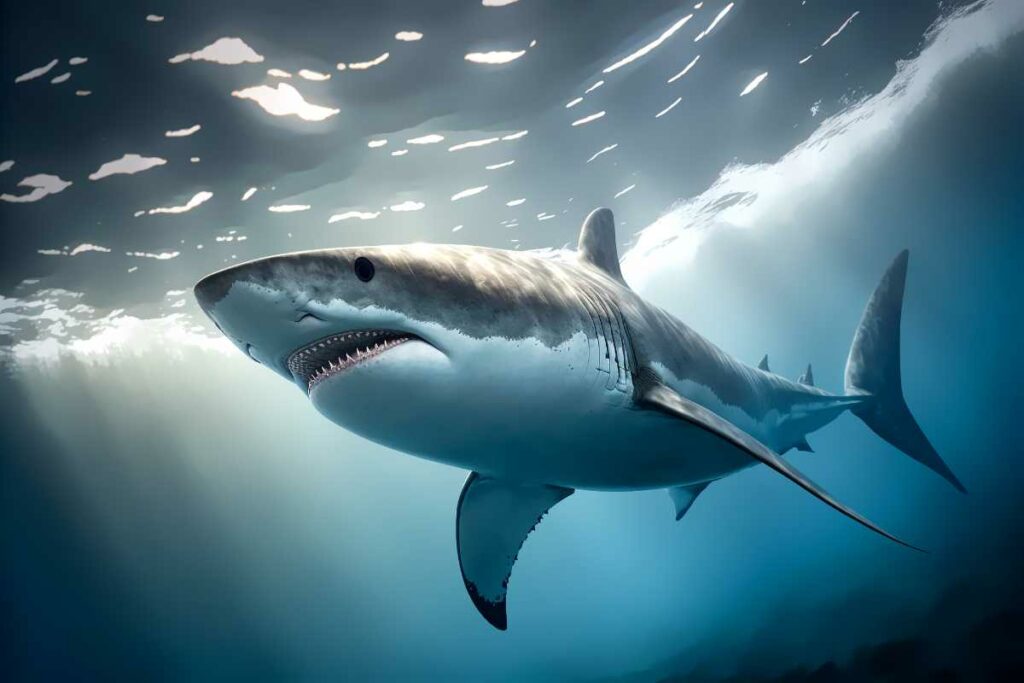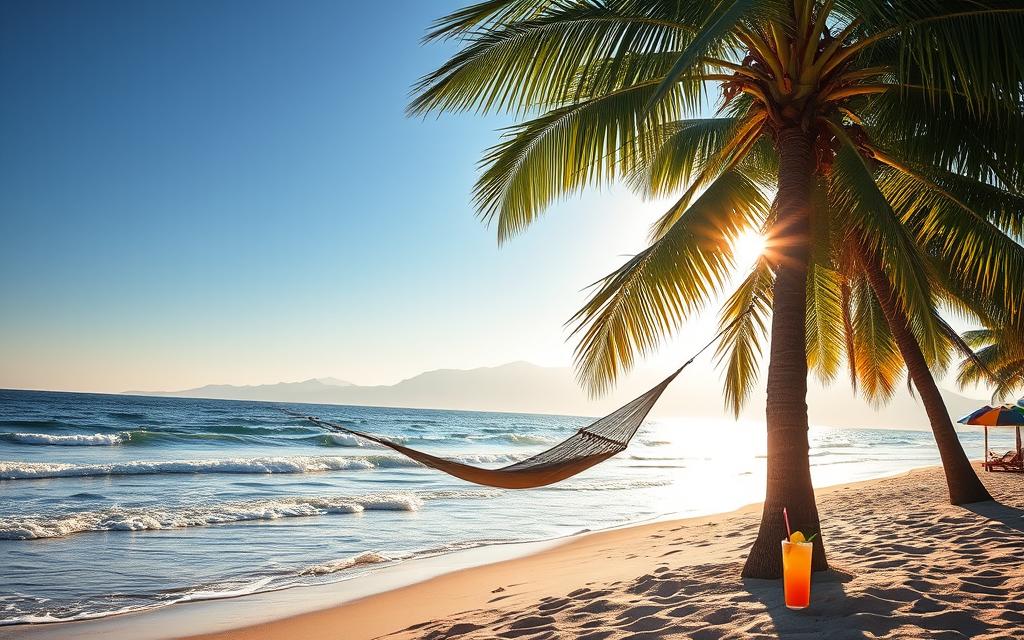It is official. The Mexican authorities put an end to shark-related tourism on Guadalupe Island in 2023.
Guadalupe Island, nicknamed “the cage diving capital of Mexico” attracted above 2800 shark cage visitors in 2019. There were more than 10 shark cage diving vessels in the same year.
This volcanic island located about 200 miles out of the coast of Baja California is famous for its population of great white sharks.
Divers from around the world would wait in the submarine cages to watch great white sharks swim around them.

In 2005, the Mexican authorities categorized the island as a biosphere reserve to protect its marine area.
Since May 2022, the government had suspended all shark tourism activities to assess the issues and make a final decision. July to November used to be the peak season for shark diving.
The island once named the best place in the world for white shark cage diving is now closed for business.
In January 2023, the National Commission for Protected Natural Areas suspended all shark-related activities as well as sport fishing and non-scientific related drones.
The decision came as a result of bad industry practices such as mishandling the baits or dumping garbage in the marine environment. Charter companies often used drones to dump the baits in nearby waters.
In addition, two shark-related incidents took place respectively in 2016 and 2019. In both incidents, sharks were injured after being stuck in cages.
The ban on cage diving activities hit seriously US-based cage diving businesses such as Horizon Charters. Headquartered in San Diego, Horizon Charters expanded in Guadalupe Island years back but recently sold its business after necessary refunds to divers.
A Canadian dive company, Nautilus Dive Adventures, also operates in Mexico, but its bookings are on pause for the next five years. It hopes that cage diving restart in the future.
Around the world, some scientists claim that feeding white sharks with bait alters their behavior.
In a similar move, New Zealand already banned shark-related tourism on Steward Island in 2018.
Since the end of the 90s, white sharks are protected species and labeled as vulnerable. Public pressure increased for government to take protective measures.
Other destinations such as South Australia, California’s Farallon Islands, and South Africa still allow shark-related tourist activity.
However, it is also argued that cage diving enabled scientists to study the animals and their environment. Researchers also explored whether wildlife experiences such as cage diving can influence conservation behavior.
Putting a stop to shark cage diving may harm biological research but also revive poaching due to the remote location of Guadalupe Island.
In fact, while cage diving will be banned, commercial fishing will still be allowed under the new regulations.
Concerning public safety, evidence collected in South Africa shows that no correlation between shark cage diving and shark attacks. Is it endangering white sharks’ lives?
No one has come to a conclusion yet and local authorities experiment and legislate according to their national plans.
- The Secret Travel Locations Bloggers Haven’t Discovered Yet
- Stress-Free Breaks: Choosing the Perfect Getaway for Overworked Professionals
- Inside Secrets: The Quick Guide to Planning Your Dream Vacation
- Hidden Gems vs Tourist Spots: Saving Pounds on Your Next Vacation
- Master the Art of Travel Thrifting: Tips from the Pros



